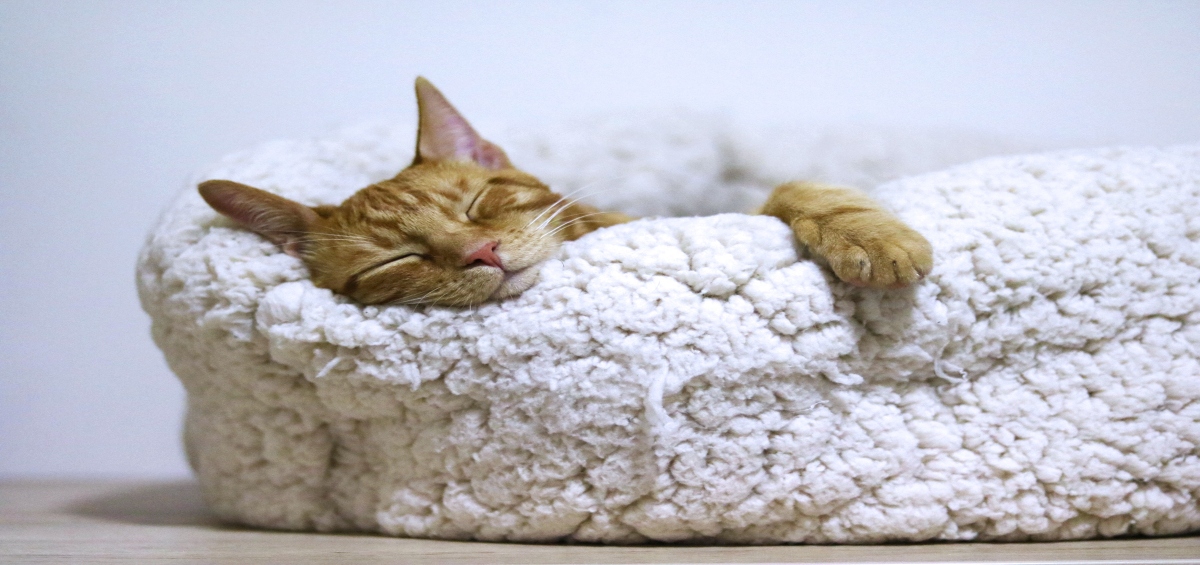If you find your home is not heating up, you may need to bleed your radiators.
Radiators need bleeding when pockets of air get trapped inside. The air causes the radiator to circulate hot water less effectively. This in turn means it will take longer to heat your home.
The following steps can be taken to check and bleed your radiators:
1. Put on your central heating and wait for all your radiators to heat up.
2. Once all the radiators have heated up, feel each radiator for any cold areas. Be careful not to burn your hands! Cold spots are an indicator of trapped air, and so you’ll need to bleed any radiators on which you do find them.
3. Before you bleed your radiators, ensure your heating is turned off and your radiators have completed cooled.
4. Although a screwdriver can be used for some modern radiators, most radiators require a radiator key to bleed. If you do not have a radiator key, you can pick one up from most DIY stores.
5. Ensure you have a cloth below the radiator valve to catch any water.
6. Holding the key with a cloth, slowly turn anti-clockwise to open your radiators valve. You should hear a hissing sound as the air escapes.
7. Wait until the sound stops and water starts to leak out before turning the key clockwise to close the valve. Make sure you catch any leaking water and wipe any excess water from the valve.
8. Once all your radiators have been bled, check the pressure of your boiler gauge (this for combi boilers). If the pressure is too low, you’ll need to re-balance the pressure. If the pressure is normal, you can switch your heating on and check any cold areas have be remedied.
*Only re-pressurise your boiler if you have permission from your landlord to do so and feel 100% confident in your actions. Each boiler has its own individual instructions so be sure to read and be guided by the instruction manual at all times. Always ensure any opened taps when re-pressurising the boiler are shut once the boiler pressure has reached its correct level. Failure to do so could result in damage to the boiler which you could fall liable for the costs of repairing.

